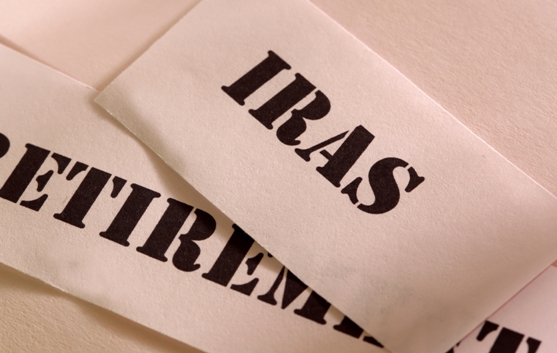Regulators say it's up to investors to guard against scam artists; plenty of them out there
When it comes to dodging scams related to self-directed IRAs, prospective investors are their own best line of defense.
The North American Securities Administrators Association hosted a webinar on Wednesday to discuss the hazards of questionable investments sold within self-directed individual retirement accounts. For the most part, it's up to the customer to smoke out scammers, the participants said. “The fundamental point is that before someone invests, they need to do their own investigations,” said Tom Anderson, president at Retirement Industry Trust Association and vice chairman of PENSCO Trust Co.
“If anyone is trying to rush you into an investment — the harder they try to convince you — that's a warning sign,” Mr. Anderson added.
Investors should consider consulting other experts such as accountants or attorneys, asking for documentation and checking the credentials of the sponsors, as well as checking the Financial Industry Regulatory Authority Inc. website and Finra's BrokerCheck database, which allows investors to see an individual's work and disciplinary history, Mr. Anderson said.
Clients also must keep a close watch for phrases in documents that give con artists the right to withdraw assets from the IRA.
Bad actors promoting questionable investments generally sell clients on the idea that a third-party custodian is involved in the self-directed IRA deal, said Matt Kitzi, Missouri securities commissioner and NASAA enforcement section chairman.
“[Scammers] have no problem misrepresenting the activities engaged in by custodians,” he said. “They will suggest that there is additional analysis or oversight conducted by the trust companies or custodians, when in reality this additional analysis isn't taking place.”
Mr. Kitzi suggested that customers who suspect that they've been ensnared in a scam contact regulators and their IRA custodian rather than confronting the promoter of the fraud. Perpetrators will try to discourage complaining clients from going to the authorities.
“Promoters asking clients not to call the regulators because they'll ruin the deal are a dime a dozen,” Mr. Kitzi said. “That's a hallmark or fraud. An honest broker or adviser won't be worried about a call to regulators.”







